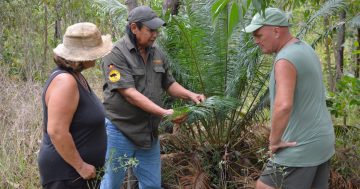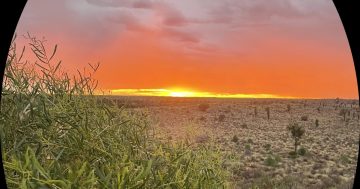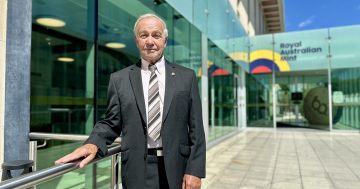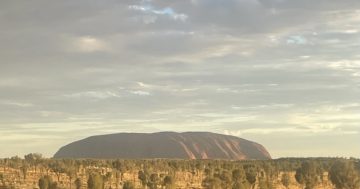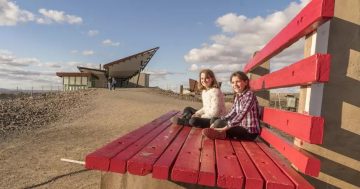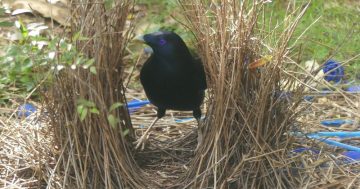Reviewed by Rama Gaind.
By Stephen Orr, Wakefield Press, $27.95.
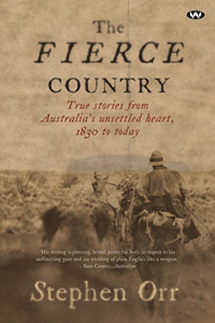 “If the maxim is true that you never know what you’ve got till it’s gone, then the Australian outback, in all its red-sand, snowy mountain manifestations, is a treasure that continues to seep into the darkest recesses of our national consciousness”.
“If the maxim is true that you never know what you’ve got till it’s gone, then the Australian outback, in all its red-sand, snowy mountain manifestations, is a treasure that continues to seep into the darkest recesses of our national consciousness”.
Award-winning author Orr describes these true stories from Australia’s unsettled heart, 1830 to today, as a “quick look through the dunny door of outback history”.
“There are hundreds more, lost in the bush, never missed; drowned, washed into one of our three great oceans; murdered, buried in shallow graves thousands of kilometers from anywhere. Time settles over this brittle, brilliant continent, reclaiming us.”
As Orr writes: Australia’s wide open spaces have enticed and spooked us for the last 200 years. They are places of secrets and mysteries, and quite a few sinister doings.
In what can be described as a notebook format and olde worlde layout, each of the chapters begin with a shorthand synopsis – going back to the 19th century taste for being overdramatic and a concept of the Australian bush as a “vast, khaki Xanadu” onto which newcomers project their dreams and delusions.
With its scrapbook flavour and retro format – each chapter begins with a shorthand synopsis – The Fierce Country steps back to a 19th-century taste for melodrama.
“They’re all part of the legacy, the stories that city folk admire but dismiss, find (in an old-fashioned sort of way) charming, but can’t understand, failing to grasp why country people choose to live the way they do. No shops, no hospitals, no cafes, no air-conditioned cinemas.”
“For most coastal dwellers the outback is more notion than reality. The colour, smell and memories of these regions ossify, become sepia, and drift into a landscape of old kerosene tins and country shows. We realise we’re losing something, but we can live with that. We cling to the stories (Ned Kelly, Burke and Wills, Amos and Annetts) but we’d never go to these places. We are spectators of our own past; it lies dormant, rusting, forgotten.”
“But in the great contradiction of modern Australian life we can’t imagine ever letting our past disappear.” We feel these places in our bones.
Collectively these tales track a nuance of ‘shifting cultural tensions as Australians find, lose and question who we are’.


